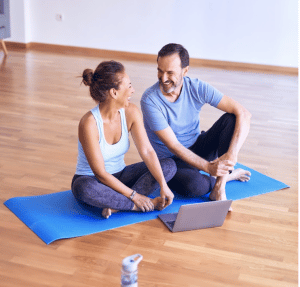 As you age you should change your health routine so you maintain and adopt specific healthy habits. Read on…
As you age you should change your health routine so you maintain and adopt specific healthy habits. Read on…
Maintaining healthy habits is a good way to support your health throughout your life.
As you get older, it’s important to adapt your routine and change your habits to help support the changes your body is going through.
When you get older, maintaining your health becomes even more important. And sadly, takes a little more effort.
Adapting your health routine as you age can help you maintain your strength, increase your mobility and boost your immunity. With some changes to your lifestyle, you can enjoy healthy aging and make the most of life.
I’m sharing this info because I am bestselling wellness author.
I founded a nutritionist recommended online program called:
>>>The Stop Emotional Eating Course!
I love sharing insights and techniques to help people to enjoy their healthiest life.
And so I put together this guide on how you should change your health routine as you age.
How Your Health Routine Should Change As You Age
1. Take your diet more seriously
Healthy eating isn’t just something you should do when you want to lose weight. Healthy eating provides all kinds of benefits, giving you the energy to function while also supporting your immune and digestive systems.
Some of the recommended foods for a healthy lifestyle include:
- Fruit and vegetables, especially colorful ones. This is because they are rich in antioxidants, which help fight free radicals that can cause cell damage.
- Dairy to help increase calcium levels to support bone strength and density.
- Protein to help support muscle strength. Choose lean protein to keep cholesterol levels low.
- Fatty fish with Omega 3s to help prevent heart attacks, strokes and other conditions.
Eating healthily can help you give your body the nutrients it needs, and it can help you maintain a healthy weight, which can help prevent a number of conditions including diabetes and cardiovascular disease.
2. Change your exercise routine
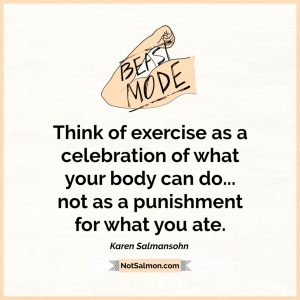 Our fitness needs change as we get older. Staying active throughout your life can help keep your body strong and mobile, helping to boost your cardiovascular health among other benefits.
Our fitness needs change as we get older. Staying active throughout your life can help keep your body strong and mobile, helping to boost your cardiovascular health among other benefits.
You can adapt your fitness routine to meet your body’s changing needs. Strength exercises are a fantastic way to strengthen bones and muscles, while exercises that get your heart rate up will boost your overall fitness.
One of the main benefits of exercise is that it helps improve your mental health, giving you the chance to get active and boost your mood. Even something as simple as going for a walk will help you enjoy the benefits of exercise.
3. Exercise your brain
It’s not just your body that needs, exercise – it’s your brain too. One of the things you may struggle with as you get older is your memory. It’s common to become more forgetful, but there are some exercises you can do to improve your memory and help you stay focused.
There are constant developments in the field of neurology, helping us maintain better brain health as we age. Researchers have found that phenibut can help improve mood, memory and concentration. As a smart drug that could have many benefits for your health, it could support your other efforts to exercise your brain.
4. Spend time outdoors
 The benefits of spending time outdoors are hard to ignore. Many of us light up at the sight of the sunshine in the morning, and spending time outdoors can continue to boost your mood throughout the day. Some of the benefits of spending time outdoors include:
The benefits of spending time outdoors are hard to ignore. Many of us light up at the sight of the sunshine in the morning, and spending time outdoors can continue to boost your mood throughout the day. Some of the benefits of spending time outdoors include:
- It works as a mood booster, helping to release some feel-good hormones.
- It can help you ease stress.
- Fresh air can help you feel more energized if you’re feeling tired or sluggish.
- It gives you a great excuse to get active.
- It can help you regulate your sleep pattern.
- It can help you connect with others in your community.
Try to spend a little time outdoors every day – a daily walk is a great habit to adopt at any age.
5. Stay connected to friends and family
Social interaction is more important than you might realize as you get older. Maintaining your existing relationships and making new connections can be a great way to keep you active and happy.
You may find it hard to meet new people as you get older, but it doesn’t have to be this way. Explore different ways of making friends as an adult and get ready to bring some wonderful new friendships into your life.
6. Keep on top of checks and tests
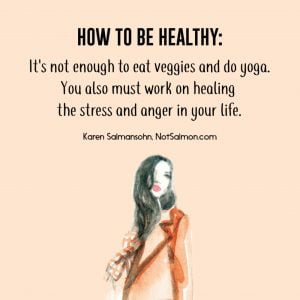 Medical checks become even more important as you age. It’s important to attend appointments for checks and tests as needed, making sure you and your doctor can stay on top of your health.
Medical checks become even more important as you age. It’s important to attend appointments for checks and tests as needed, making sure you and your doctor can stay on top of your health.
But remember to pay attention to your health outside these appointments. Any changes to your health or something you’re unsure about should warrant a call to your doctor. Don’t leave things to chance to see if they go away – the sooner a problem is checked out, the sooner it can be treated.
7. Improve your sleep quality
Sleep is important at any age, but if you happen to have some poor sleep habits, now is the time to change them. Some of the consequences of too little sleep include:
- A lack of focus, which can cause problems when driving or performing household chores.
- Changes to your mood, making you more irritable.
- Difficulty motivating yourself to do things during the day, impacting your fitness and strength.
- Potential consequences for your health, including high blood pressure.
Adults need at least 7 hours sleep, so if you aren’t managing to get that most nights, you should look at changing your sleep routine. Some ideas to help you improve your sleep quality include:
- Take a warm shower or bath before bed to help you relax. During hot weather, a cool shower can also be beneficial to help you sleep more comfortably.
- Use black-out blinds or drapes to help block out the light.
- Make sure your room is quiet and calm, and built for sleep.
- Avoid using portable electronic devices like your phone or tablet an hour before bed.
- Set a regular bedtime with a wind-down routine to help your body learn when it’s time for bed.
- Avoid strong caffeine in the afternoon, this can have a big impact on your sleep quality.
If your sleep quality continues to be poor, or you have consistent problems sleeping, it could be worth consulting your doctor to see if there’s a deeper underlying cause.
8. Manage the way you handle stress
 Stress impacts everyone at some stage, but persistent stress can take its toll on your health. As you get older, you should change your approach to how you manage stress, finding different coping mechanisms.
Stress impacts everyone at some stage, but persistent stress can take its toll on your health. As you get older, you should change your approach to how you manage stress, finding different coping mechanisms.
In my online program The Anxiety Cure Course I share a range of ways to relax and switch off. For example, exercise can be an excellent stress reliever. Plus, you should try meditation as well to help you unwind. Yoga is also an excellent exercise to help you meditate, but it can also help improve your flexibility and balance too.
Finding the underlying cause of your stress can also help you reduce the impact of stress on your life. I share more about this in my Mindset Mastery Coaching Program.
9. Take care of your hearing and eyesight
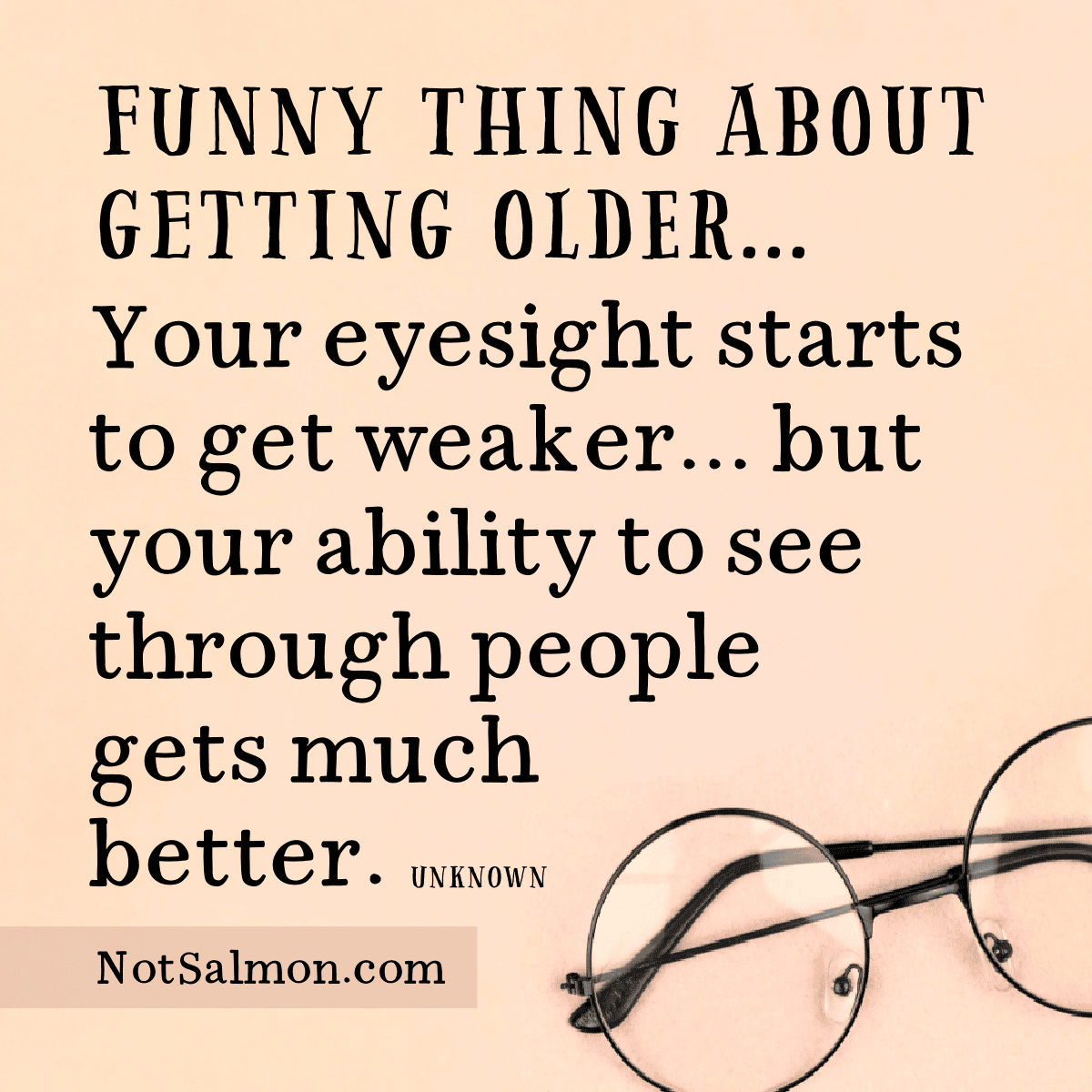 Your hearing and eyesight can deteriorate as you get older, and while that’s a normal part of aging, there are things you can do to protect your eyes and ears to prolong your eyesight and hearing, including getting regular sight and hearing tests.
Your hearing and eyesight can deteriorate as you get older, and while that’s a normal part of aging, there are things you can do to protect your eyes and ears to prolong your eyesight and hearing, including getting regular sight and hearing tests.
Avoid loud noises without protecting your hearing, and if you require glasses, make sure you wear them when you need them to stop your eyes from straining.
Making changes to your habits can have a big impact on your health as you age. Ditching bad habits like smoking, late nights and poor diet can help you make room for healthier habits that will serve you better as you get older. Don’t leave it too late to start, adopt healthier habits now and start experiencing the benefits.
Live Your Healthiest Life
Explore my nutritionist recommended online program >> The Stop Emotional Eating Course!
Think happier. Think calmer.
Think about subscribing for free weekly tools here.
No SPAM, ever! Read the Privacy Policy for more information.
One last step!
Please go to your inbox and click the confirmation link we just emailed you so you can start to get your free weekly NotSalmon Happiness Tools! Plus, you’ll immediately receive a chunklette of Karen’s bestselling Bounce Back Book!
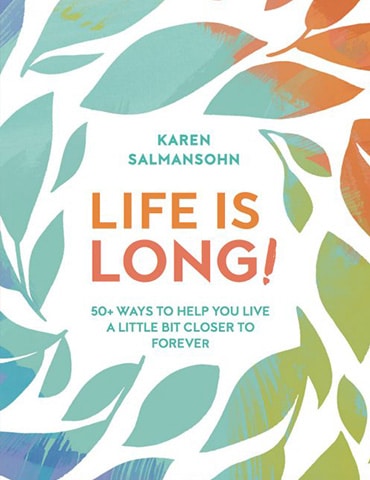


 As you age you should change your health routine so you maintain and adopt specific healthy habits. Read on…
As you age you should change your health routine so you maintain and adopt specific healthy habits. Read on… Our fitness needs change as we get older. Staying active throughout your life can help keep your body strong and mobile, helping to boost your cardiovascular health among other benefits.
Our fitness needs change as we get older. Staying active throughout your life can help keep your body strong and mobile, helping to boost your cardiovascular health among other benefits.  The benefits of spending time outdoors are hard to ignore. Many of us light up at the sight of the sunshine in the morning, and spending time outdoors can continue to boost your mood throughout the day. Some of the benefits of spending time outdoors include:
The benefits of spending time outdoors are hard to ignore. Many of us light up at the sight of the sunshine in the morning, and spending time outdoors can continue to boost your mood throughout the day. Some of the benefits of spending time outdoors include: Medical checks become even more important as you age. It’s important to attend appointments for checks and tests as needed, making sure you and your doctor can stay on top of your health.
Medical checks become even more important as you age. It’s important to attend appointments for checks and tests as needed, making sure you and your doctor can stay on top of your health.  Stress impacts everyone at some stage, but persistent stress can take its toll on your health. As you get older, you should change your approach to how you manage stress, finding different coping mechanisms.
Stress impacts everyone at some stage, but persistent stress can take its toll on your health. As you get older, you should change your approach to how you manage stress, finding different coping mechanisms. Your hearing and eyesight can deteriorate as you get older, and while that’s a normal part of aging, there are things you can do to
Your hearing and eyesight can deteriorate as you get older, and while that’s a normal part of aging, there are things you can do to 